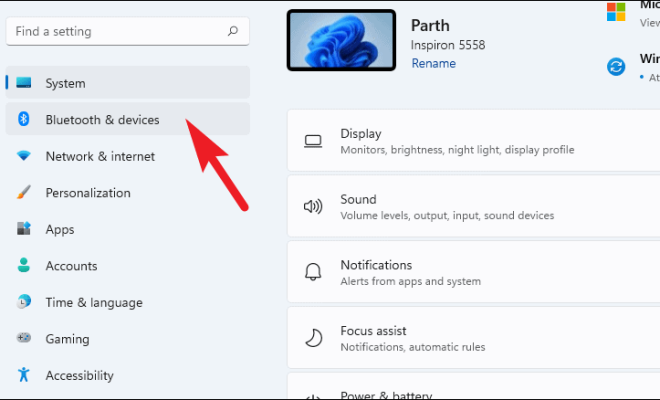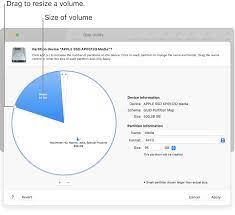What’s the Difference Between Interweb and Internet?

The terms “Interweb” and “Internet” have been used interchangeably for years, leading many to wonder whether they are one and the same thing. While they may seem similar, they actually refer to different concepts.
Simply put, the internet is a global network of interconnected computer networks that allows information to be transmitted and accessed across the world. It is a medium that facilitates the exchange of data and communication between users and machines worldwide. The internet has become an indispensable part of modern life, impacting various industries and aspects of people’s lives.
On the other hand, the term “Interweb” is a colloquial and often humorous term used to refer to the internet. It is a slang term that is commonly used in conversation or text messages, particularly among young people. The term “Interweb” is a mashup of the words “Internet” and “Web,” which are often used interchangeably.
While the distinction between the two may seem negligible, there are some significant differences to be aware of. While the “Interweb” is a slang term used informally, the internet is a formal term used in technical and academic contexts. Additionally, many people use the term “Interweb” solely in jest, while others use it to describe the increasingly interconnected and complex nature of the internet.
Another difference between the two is their origins. The internet has a long and storied history that dates back to the 1960s when the US Department of Defense began developing a communication network for its researchers. In contrast, the term “Interweb” emerged in the late 1990s, when the World Wide Web became more popular and accessible to the general public.
In conclusion, while the terms “Interweb” and “Internet” may often be used interchangeably, they refer to different concepts. The “Interweb” is a slang term that is often used in informal settings, while the internet is a formal term that describes a global network of interconnected networks. Understanding this difference can help you communicate more effectively in different contexts and avoid any misunderstandings.





